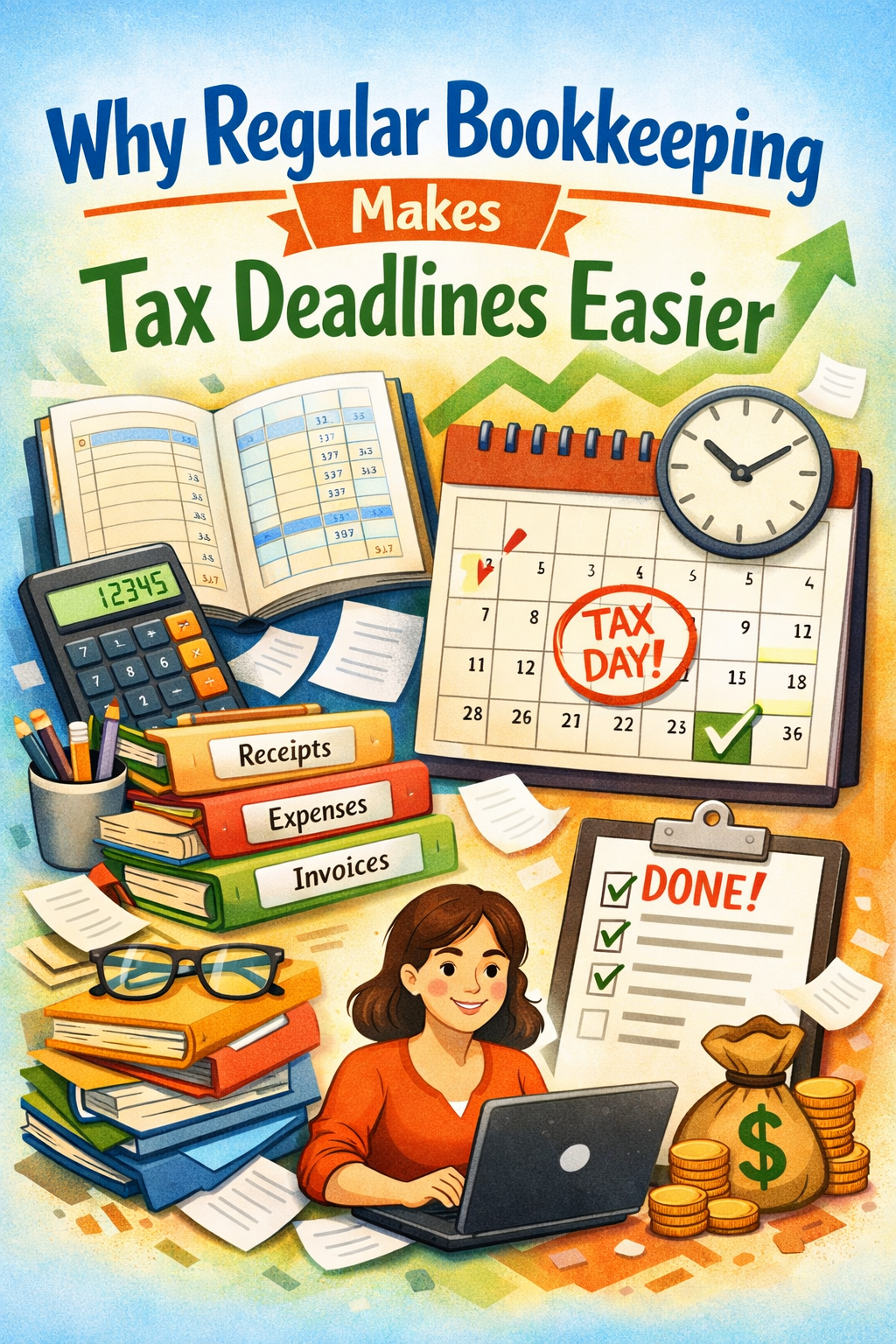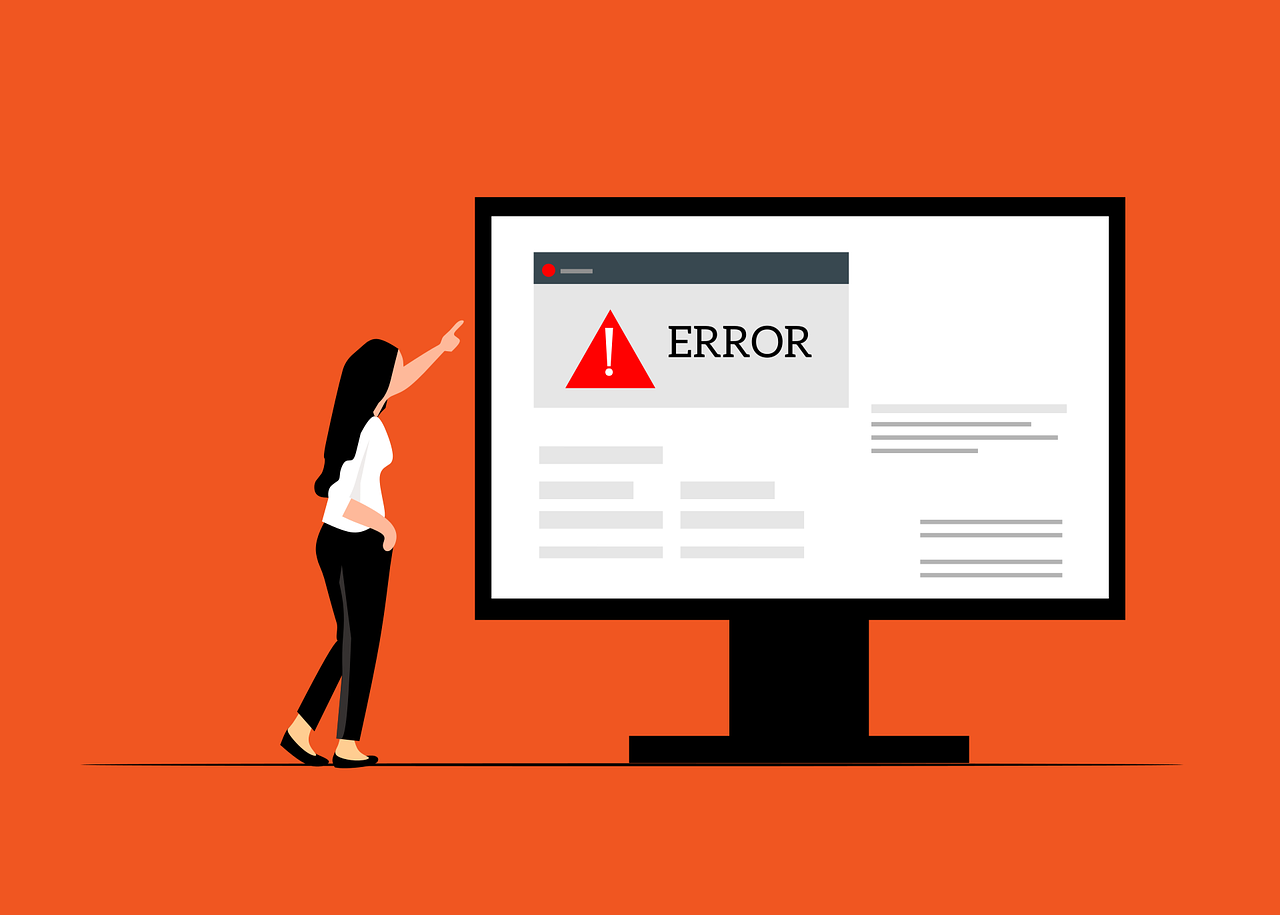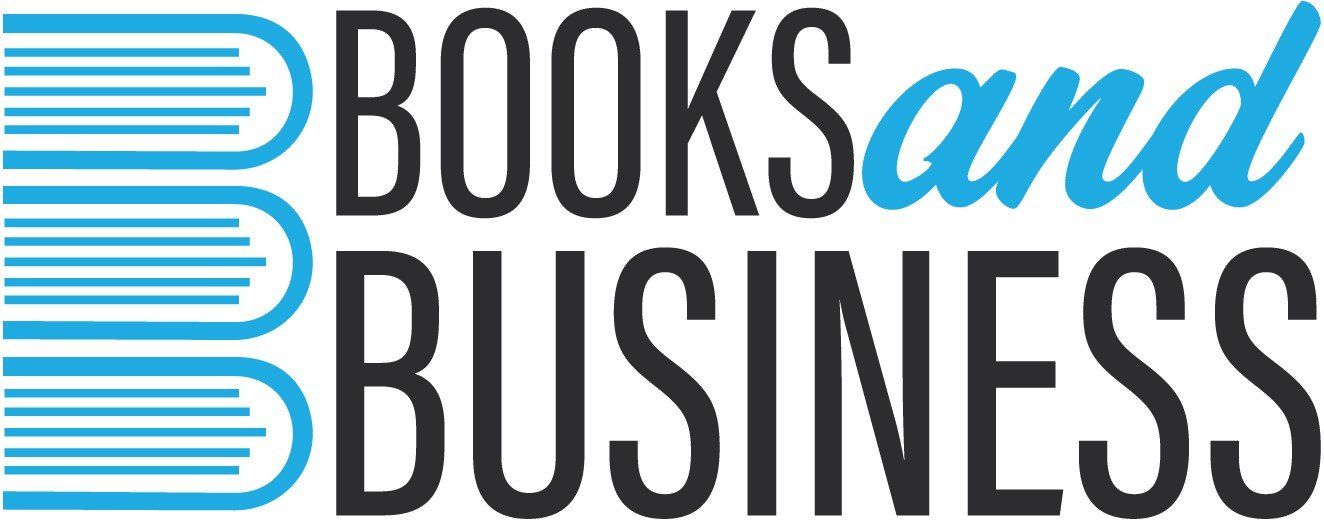Tax for side hustles – know the facts!
Side hustle - the word on the street - but do you know exactly what your tax liabilities are if you have one?
The current cost of living crisis has led many to start up a side hustle. With online platforms such as TikTok providing a plethora of ways to make extra money it’s no wonder brits are taking to earning extra cash where they can. However, last year HMRC announced that in January they would be cracking down on all those who have a side hustle and would be asking online platforms such as Etsy, Air B&B, eBay and Uber for example, to provide HMRC with accurate information as to how much each person is earning on these sites. Unfortunately this has led to a flurry of information online and people being unsure as to what tax is owed and where.
A side hustle is an additional job carried out on top of your normal working hours, these hours could be full or part time, but the side hustle is separate to the regular, paid hours worked in a month. It could be things such as selling clothes on Vinted, dog walking services, selling hand made cards, renting out your driveway to name just a few.
To confirm, there is no new “side hustle tax” that has been introduced by HMRC. As a UK resident, you have a £1,000 tax free ‘trading allowance’ of additional income on top of your regular employment. Meaning you can earn up to £1,000 from a side hustle before you need to consider your tax implications. The only change from HMRC is that the online platforms that facilitate the side hustles will be obligated to provide seller information and income earned to HMRC.
HMRC are not cracking down on those who sell their kids clothes, toys or their old household items online but are looking for people who make a substantial income online and do not declare it. For example, someone who has a second property and rents it out on Airbnb but does not declare the rental income.
The term trader is someone who buys goods then resells them for a higher price or someone who creates goods to sell such as crafts or jewelry, if you fall into the trader category you would need to register as self-employed. However, if you are selling your own possessions such as clothes or household items, for a lower price than you paid for them it is unlikely you are classed as a trader, even if you sell more than the 30 item limit. HMRC list examples on their website to clarify what a trader constitutes.
Therefore, if after expenses you earn less than £1,000 from your side hustle there are no new laws to state you must pay tax. There are however, new rules on reporting data, meaning the online platforms must report information on earners to HMRC from January 2024.




